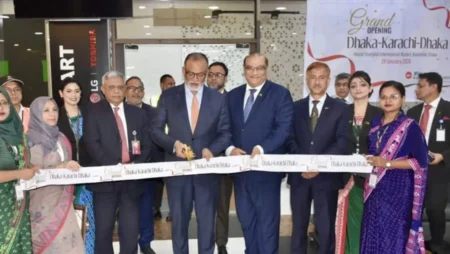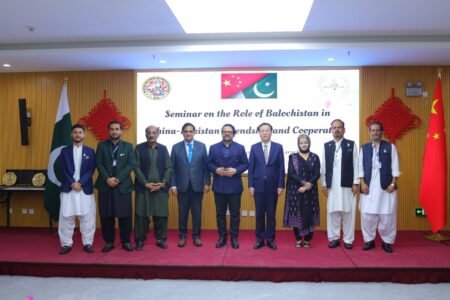ISLAMABAD: Prime Minister Imran Khan has constituted the National Coordination Committee on Tourism (NCCT) to oversee implementation of the national tourism strategy aimed at boosting the industry.
Sayed Zulfiqar Abbas Bukhari, Special Assistant to the Prime Minister (SAPM) on Overseas Pakistanis and Human Resource Development has been appointed the convener of the committee. Bukhari also holds the portfolio of Chairman NTCB and Chairman PTDC.
The body includes the chairperson of the Evacuee Trust Property Board, the deputy governor of the State Bank of Pakistan and the managing director of the Pakistan Tourism Development Corporation.
It also includes the secretaries of several ministries including industry and production, interior, defence, communications, aviation, religious affairs and climate change as well as all the chief secretaries/additional chief secretaries.
The committee will act as a focal point for inter-provincial, inter-ministerial, inter-department and inter-agency coordination to resolve issues hindering the development of the sector.
A notification issued by the Prime Minister’s Office stated that the committee had been constituted to facilitate and coordinate the government’s commitment to “steer the country towards becoming the fastest growing tourism destination”.
With the secretarial support of the Cabinet Division, the committee will review the integration of provincial and regional policies towards implementing the national tourism strategy.
The committee has been tasked with carrying out geo-mapping of all tourist spots. The body will also identify policy and legislative gaps hindering the development of the sector and give recommendations for creating an enabling environment.
The committee will also devise an effective regulatory and implementation mechanism for national minimum standards while ensuring its monitoring and coordination with all stakeholders for strict compliance, the notification read.
The committee will devise and oversee a strategy to encourage affordable domestic tourism and identify viable options to ensure its growth.
Other areas of work include identifying and suggesting measures for promoting formal training for human resource development and issuing instructions to relevant ministries, departments and stakeholders for coordination.



